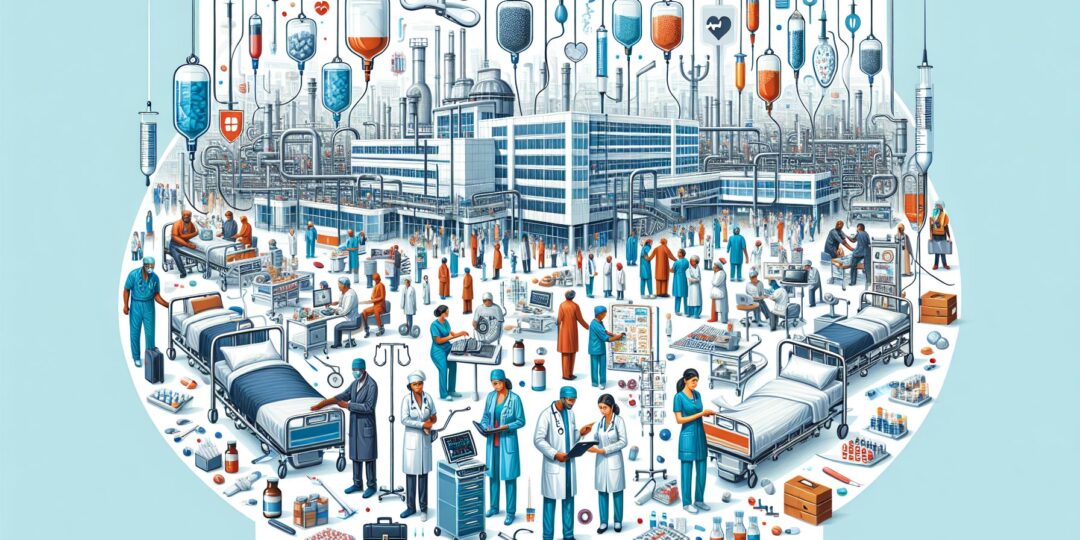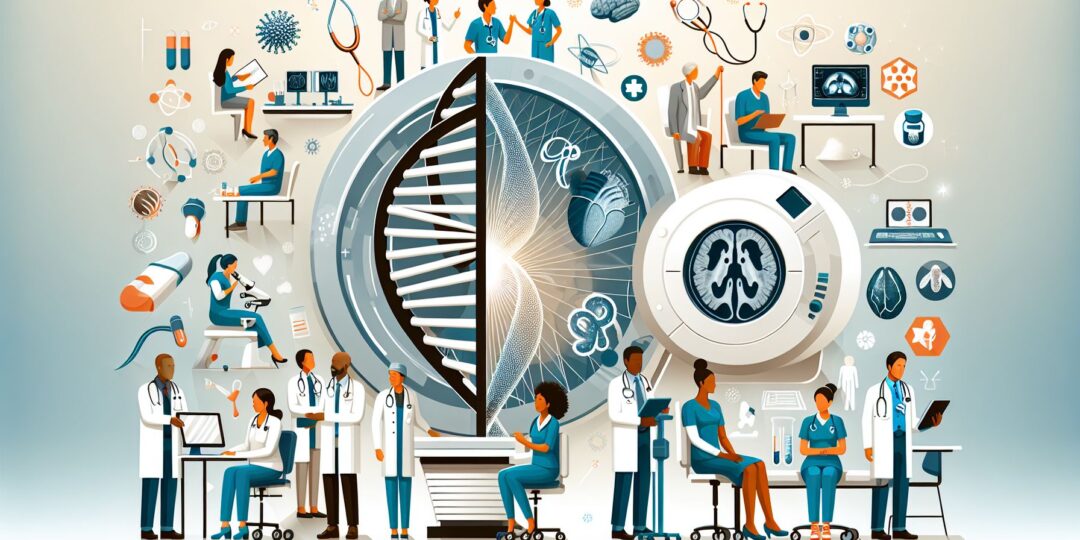Medical products are essential tools in the healthcare industry, providing healthcare professionals with the necessary equipment and supplies to diagnose, treat, and care for patients. From syringes and thermometers to MRI machines and surgical tools, medical products play a crucial role in delivering high-quality healthcare services.
The medical products industry is a vast and diverse sector, encompassing a wide range of products that are used in various medical settings. This industry includes pharmaceutical companies that develop and produce medications, medical device manufacturers that create equipment and instruments used in medical procedures, and other companies that supply healthcare facilities with essential supplies and tools.
One of the key aspects of the medical products industry is innovation. Companies in this sector are constantly researching and developing new products to improve the quality of healthcare services and patient outcomes. For example, advancements in medical technology have led to the development of new imaging techniques, minimally invasive surgical procedures, and personalized medicine approaches that tailor treatment plans to individual patients.
In addition to innovation, the medical products industry also plays a critical role in ensuring patient safety. Medical products must undergo rigorous testing and regulatory approval processes to ensure they are safe and effective for use in healthcare settings. This includes testing for quality, efficacy, and safety, as well as compliance with strict regulatory requirements set forth by governing bodies such as the Food and Drug Administration (FDA).
Furthermore, the medical products industry is an important driver of economic growth and job creation. According to the Advanced Medical Technology Association (AdvaMed), the medical technology industry in the United States supports over two million jobs and contributes over $180 billion to the economy. This industry also fosters collaboration between healthcare providers, researchers, and manufacturers to deliver innovative solutions that improve patient care.
Despite its many benefits, the medical products industry also faces challenges. These include stringent regulatory requirements, increasing competition, pricing pressures, and the need to continuously innovate and adapt to changing healthcare needs. Nevertheless, companies in this sector remain committed to addressing these challenges and delivering high-quality products that contribute to the advancement of healthcare.
In conclusion, the medical products industry plays a vital role in the healthcare system, providing healthcare professionals with the tools they need to deliver high-quality care to patients. Through innovation, safety regulations, and economic contributions, this industry continues to drive progress in healthcare and improve patient outcomes. By addressing challenges and embracing opportunities, companies in the medical products industry can continue to make a positive impact on the healthcare landscape.…
Continue reading








